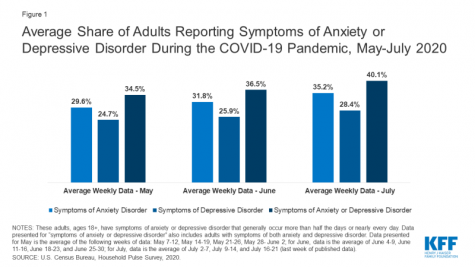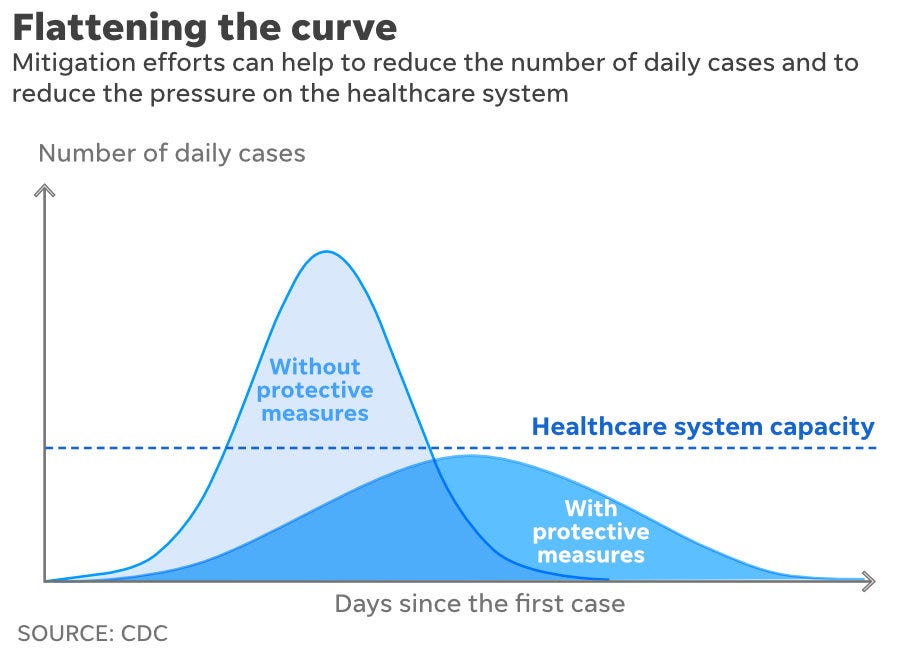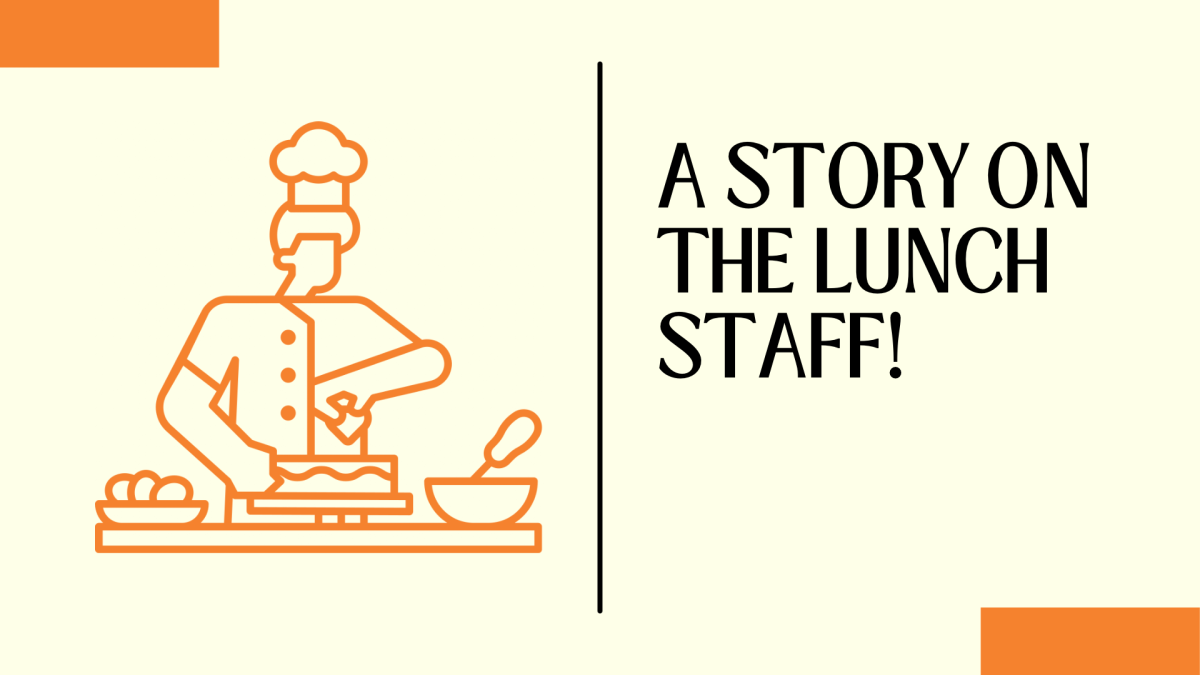A Hard Choice For People’s Health
November 19, 2020
Mental health and mental illnesses are a complicated subject. There are many variables involved in determining the existence and severity of it in a person. But one thing is clear, the world-wide pandemic and subsequent quarantine have left a negative impact on mental health across the world.
According to the Kaiser Family Foundation (KFF), “Research links social isolation and loneliness to poor mental health.” This is a problem for everyone, seeing as quarantine, and then social-distancing has been in effect since late March. Data from that time (March) shows that 47% of people sheltering in place have “reported negative mental health resulting from worry or stress related to coronavirus.” This number is much higher than the 37% of people who reported negative mental health that was not sheltering in place in late March.
Since then, KFF shows that around 1 in 3 adults have “reported [new] symptoms of anxiety or depressive disorder during the pandemic.” This type of number has also been seen in substance use, with 13.3% of adults reporting new or increased substance use. In addition, 10.7% of adults have reported thoughts of suicide in the past 30 days (from when they took the survey). The CDC also reports similar numbers. These numbers are way too high. The population is suffering.

So, the real question becomes, ‘Should we lift quarantine and social-distancing restrictions?’
No, not at the moment. The risks outweigh the benefits.
For one, these numbers are merely self-reported, they do not reflect if the people have gained any actual mental illnesses, and for the most part, they are too vague to mean much beyond general stress and loneliness. This is not ideal, but not necessarily worth lifting social-distancing restrictions.
The whole reason quarantine and social-distancing have been implemented is to stop the spread of COVID-19. If the quarantine was to be lifted or made less restrictive, and if people were to stop wearing masks and taking other precautions, the amount of cases would increase. An article from USA Today explains that if the case numbers increase too rapidly, the hospitals and health care centers will not be able to take care of enough people. Their maximum capacity will be filled. This will not only affect people who have COVID-19, but also anyone in need of medical help; from broken bones to transplants, people will not be able to receive the necessary treatment.
 One could argue that lifting restrictions would actually help the population’s ability to fight the COVID-19 illness. Currently, stress and loneliness are affecting the population. The American Psychological Association says that stress, mainly chronic stress, and depression are known to lower the body’s ability to fight illness. It can be inferred that the long term stress the population has gone through is only making their ability to fight the COVID-19 virus worse, which is the opposite of what anyone wants. With people’s jobs being threatened, people around them dying, and the stress that comes from isolation, lifting restrictions seems like a good idea. It would allow the population’s physical health to get better as well.
One could argue that lifting restrictions would actually help the population’s ability to fight the COVID-19 illness. Currently, stress and loneliness are affecting the population. The American Psychological Association says that stress, mainly chronic stress, and depression are known to lower the body’s ability to fight illness. It can be inferred that the long term stress the population has gone through is only making their ability to fight the COVID-19 virus worse, which is the opposite of what anyone wants. With people’s jobs being threatened, people around them dying, and the stress that comes from isolation, lifting restrictions seems like a good idea. It would allow the population’s physical health to get better as well.
The situation is more complicated. As previously mentioned, lifting these restrictions will lead to a greater increase in COVID-19 cases, which will lead to more deaths. Losing loved ones will only hurt people’s mental health, and thus make the situation worse. People would become more stressed, more depressed, and more will have to suffer through grief.
Lastly, if restrictions were lifted, not only would people’s health worsen, and more people will die, but another quarantine would be required. Having another quarantine would simply be too much for people’s health. It is better to wait out the current social restrictions than to be forced to start over again.
2020 has been a hard year for everyone. Many people have been affected negatively by not only the illness, but also governments’ response to the pandemic. Many people want restrictions to be lifted, to go back to normal life, to not be worried. But in the end, unless a better way can be found, all we can really do is wait.






































Cammie Arneson • Nov 20, 2020 at 3:03 pm
Thank you for all of your insight, Jozlyn. As we are all trying to do our best to keep each other safe, as Dr. Fauci said that it takes all of us, especially our young people. You are our future leaders.